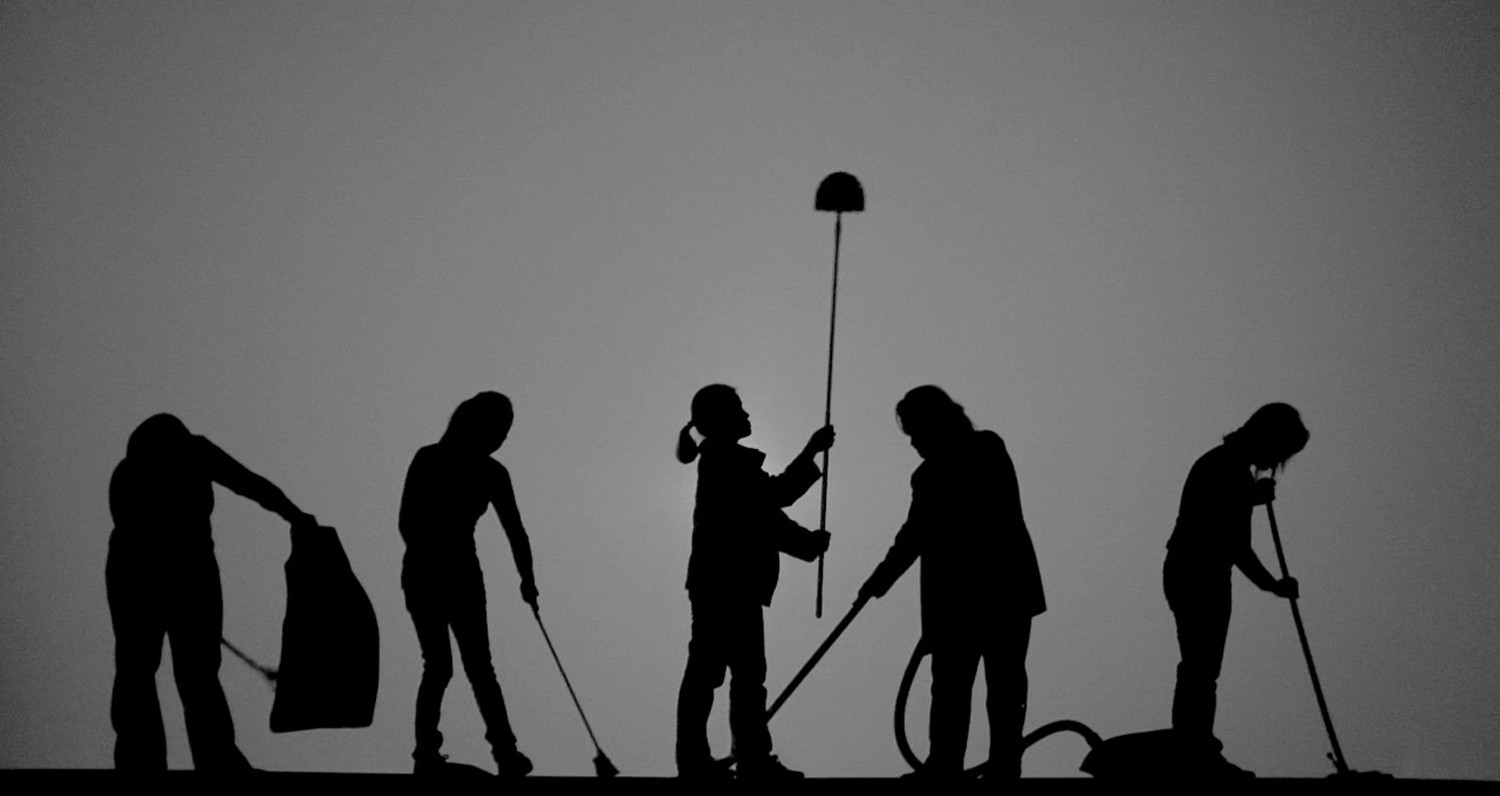TWO care home owners say they would be unable to cope without the help of foreign staff.
Lakshmy and Philip Pengelly, who own Ashley Court Care Home in Llanelli, Carmarthenshire, said they had been forced to cut occupancy at their home because of staffing issues – until they began to recruit overseas workers.
In an election, poised to scrutinise immigration figures, many in the care sector say they are becoming increasingly reliant on workers from countries such as India, Sri Lanka and Nigeria.
In 2022 the UK government opened skilled worker visas to overseas care workers, in a bid to tackle record staff shortage in the care sector.
It meant care home workers such as Mr and Mrs Pengelly could sponsor foreign workers and bring them to the UK.
“Before when we were putting job adverts out, we’d have little to no applicants coming through,” said Mrs Pengelly.
“At one point we had to stop taking admissions. We just capped [the beds] because we just simply didn’t have the staff.”

Like others in the industry, the couple said Covid put many people off applying.
“We found that they were just leaving the industry entirely. So they didn’t want to work in social care anymore,” said Mrs Pengelly.
The couple have now recruited six new members of staff from Zimbabwe, Sri Lanka and India.
‘You need to have a kind heart’
Prospa Mbwera, 37, from Zimbabwe, was the first to arrive at the couple’s Llanelli care home in 2022.
“Me and my wife, we always wanted to come here, it was always our dream. When we saw the opportunity, we just had to grab it,” he said.
“This was my first time leaving my home country, this was my first job out of my country.”

Mr Mbwera had been working as a carer before arriving in the UK, but said he had to adapt to the UK and Welsh culture.
“Some of the residents, they actually teach me to speak Welsh,” he said.
“To do this job you need to have a kind heart. It’s a calling. You cannot care for someone if you are not kind.”
More than 78,000 overseas workers received long term visas to work in care between 2022 and 2023, at a time when immigration was reaching record levels.
But the Royal College of Nursing (RCN) said although the sector was already “reliant” on overseas workers, the new visa rules had put many migrant workers at risk of exploitation.
‘We haven’t had anyone check up on staff’
“Across the UK we have had examples from members contacting us and saying that they’ve been brought into this country on a contract that was a very low wage, or a tied in contract that meant that they had to stay for a significant amount of time, or pay back fees and various other things,” said Helen Whyley of RCN Wales.
“Also there are things like poor accommodation when they come here. There are some vulnerabilities that the scheme has produced.
“We need to make sure employers who are sponsoring people to come here are going to give them a really good offer and make sure that they value them.”
Mr and Mrs Pengelly said in the 18 months that Prospa and their other care workers had been in the UK, they had never been checked on by the Home Office.
“We haven’t had anyone check up on the staff,” said Mrs Pengelly.
“There’s a process where you can you log in to your [Home Office sponsorship] account. If the worker has transferred somewhere else, or if they’ve left and decided to go somewhere else, we can update that.
“But nobody ever follows that up with a call or a check or anything like that, not to this day.”
Mr Mbwera said since arriving himself, he’d heard stories about some workers being exploited, but it made him grateful for his own experience.
“I’ve seen that on the news, and on the internet, people that have gone through that. And I was actually surprised, because I thought all the people that came here had the same experience like mine. Because for me, it was just a small transition. I did not pay anything to come here. All my flights were booked by the company. I did not struggle to look for accommodation, everything was provided.
A spokesperson for the Home Office said the welfare of visa holders was of “paramount importance” and it had revoked more than 200 sponsors in adult social care.
If you would like to hear more about election issues in Wales and get the chance to have your say you can sign up to the BBC’s live audience programmes.
What do the political parties say?
A Labour spokesperson said a Labour government would start by “developing workforce plans” for sectors like social care that have been reliant on workers from abroad.
“Under Labour, migration policy will be linked to skills policy so that when migration is used to address skills shortages, it automatically triggers a plan to upskill UK workers and improve the quality of jobs.”
A spokesperson for Plaid Cymru said: “Migration is integral to keeping our health and social care services running, and the Conservative UK government’s crackdown on migration is placing people’s lives at stake.
“Plaid Cymru support the health and social care workforce in Wales, whatever their country of origin. Instead of demonising people for not being born in Wales or in the UK, we should acknowledge and appreciate their contribution to our communities, public services, and economy in Wales.”
A spokesperson for the Liberal Democrats said: “If the government paid care workers properly and valued them as skilled professionals, it wouldn’t need to bring in tens of thousands of care workers from abroad,” they said.
“Any reports of worker exploitation should be properly investigated. And ultimately, the crisis in our social care system has got to be fixed, once and for all. Liberal Democrats are committed to making it easier to recruit British workers to fill these vacancies, including our call for a Carers Minimum Wage.”
A spokesperson for Reform UK said the party recognised the “critical role” care workers played in supporting healthcare and issues with staffing.
“However, we believe that the reliance on migrant workers is a symptom of broader issues within the care sector and immigration policy,” they said.
“Reform UK’s policy is to freeze non-essential immigration to ease pressure on housing, public services, and wages. We believe that reducing dependency on overseas labour and focusing on upskilling our domestic workforce is the sustainable solution.”
The Conservatives were also given the opportunity to comment. – bbc.com








